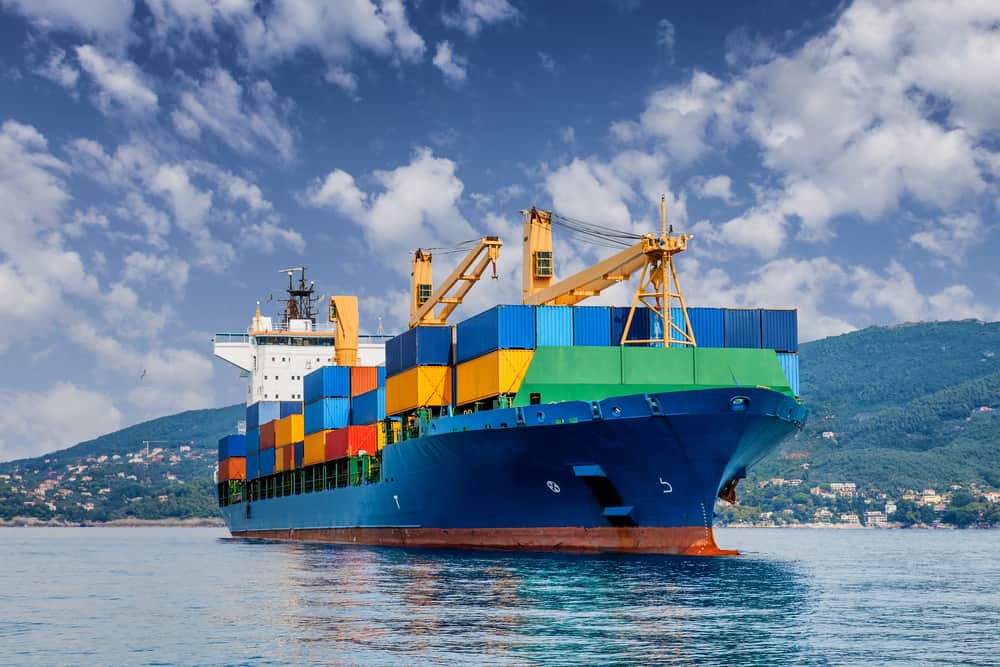It is extremely interesting what has happened over the past 4-5 months where every shipping carrier started implementing this “premium” strategy which is nothing but a variation of a GRI without the 30-day notice requested by the Federal Maritime Commission (FMC.)
This policy has allowed steamship lines to basically adjust rates on a daily basis by playing with sudden increases without any notice and any possibility to dispute. It’s also very surprising how no one – either companies or authorities – have raised their hands pointing to irregularities and distortions in this broken system.
What is a GRI?
Let me just go back and explain what a GRI is for the people new to the shipping industry. It’s simply a “General Rate Increase” that every carrier has to communicate to the FMC (Federal Maritime Commission) if they are planning to increase the freight level for a specific trade lane. This way, importers, exporters, forwarders, NVOCCs, and other parties are ready to adjust prices accordingly and react to price variations in order to keep the supply chain balanced.
Carriers, with the big volume surge of the past few months, have seen a huge opportunity to make a ridiculous profit (also considering that they had already set in action a very strict blank sailing program to adjust capacity according to demand) and have understood that the only obstacle to change and increase rates suddenly was the GRI regulation.
This is the reason why they all came up at the same time (interesting timing) with the “premium/priority/diamond (and whatever random terminology can be associated with this)” strategy which is very simple. The carriers add a certain amount of money on already skyrocketing high rates, totally arbitrarily and without any notice. This way, they maximize the profit with high revenue cargo on a vessel.
One would think that the service provided would be exceptional considering that we are seeing rates literally triple from what they were one year ago. However, the answer is no. For instance, just to mention one piece of data, the schedule of reliability has declined from 80-85% to 40-45%.
Let me explain concretely what is happening with this situation.
A company that is importing asks its freight forwarder to place a booking. The freight forwarder places the booking with the carrier, which if they are lucky, accepts the booking.
At this point we have three scenarios:
- The carrier cancels the booking right before the vessel start receiving without even rolling to the next one. It simply cancels the booking.
- The carrier does not cancel the booking but does not provide the guarantee that any equipment will be available.
- Space and equipment are provided on the intended vessel at the “regular” rate.
If, instead, the booking was placed with “premium, golden, diamond, or priority,” apparently space and equipment become suddenly available.
This is food for thought for the FMC at this point.




